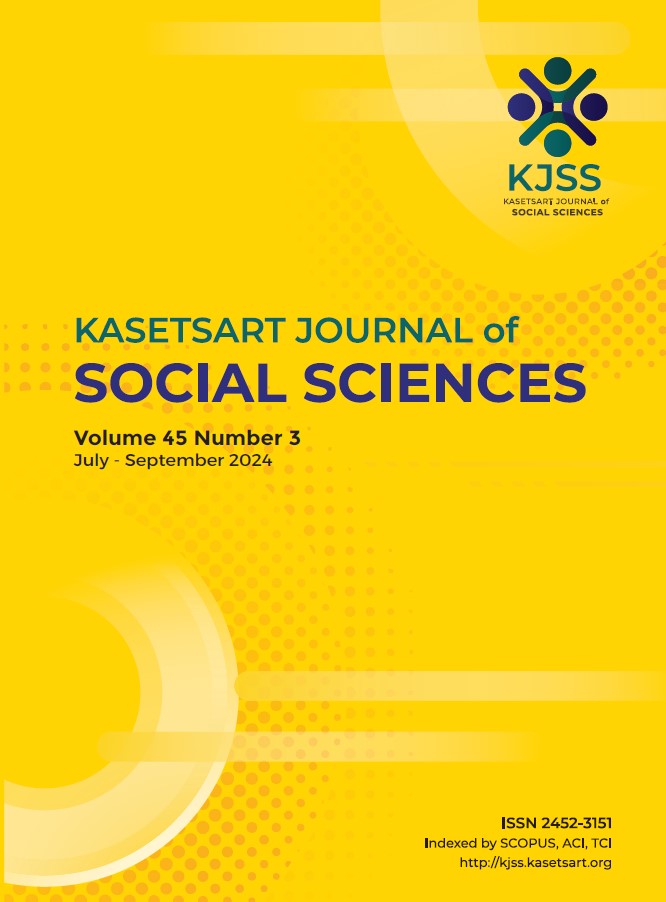The Republic of Kazakhstan’s multi-vector foreign policy: Re-evaluation under president Tokayev
Keywords:
K. Tokayev, multi-vector foreign policy, N. Nazarbayev, neorealism, power transit, Republic of KazakhstanAbstract
This study offers an in-depth theoretical examination of Kazakhstan’s foreign policy evolution during the power transition from Nursultan Nazarbayev to his chosen successor, Kassym-Jomart Tokayev. The analysis illuminates the under-explored realm of post-Soviet Central Asian states’ foreign policies, with a special focus on Kazakhstan and its unique geopolitical, economic, and geographic strengths. The methods encompass a comprehensive review of the distinct foreign policy characteristics under Nazarbayev and Tokayev’s presidencies, delineating the continuity and alterations in the nation’s multivector diplomacy approach. Critical findings underscore that Kazakhstan’s foreign policy is stepping into an unprecedented phase, emphasizing geo-economic values more than before. Amidst the backdrop of regional geopolitical instability, Kazakhstan’s robust multi-vector foreign policy functions as a stabilizing force. Ultimately, this investigation provides valuable insights that fill a substantial knowledge gap concerning power transition in the context of balance-based or multi-vector foreign policy, primarily within post-Soviet Central Asian states. This contributes significantly to academic discourse and offers an invaluable framework for future policy analysis.
Downloads
Published
How to Cite
Issue
Section
License
Copyright (c) 2024 Kasetsart UniversityThis is an open access article under the CC BY-NC-ND license http://creativecommons.org/licenses/by-nc-nd/4.0/










